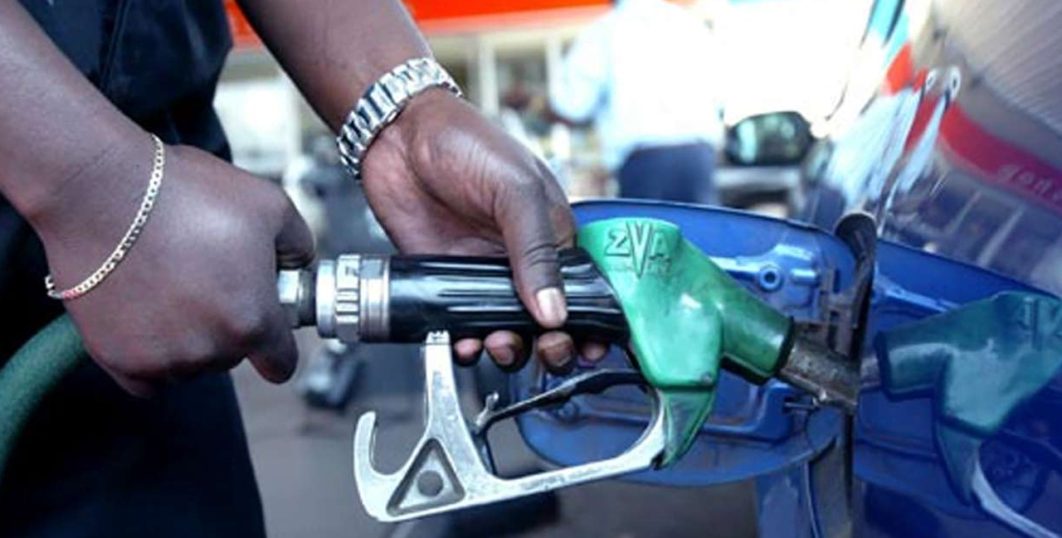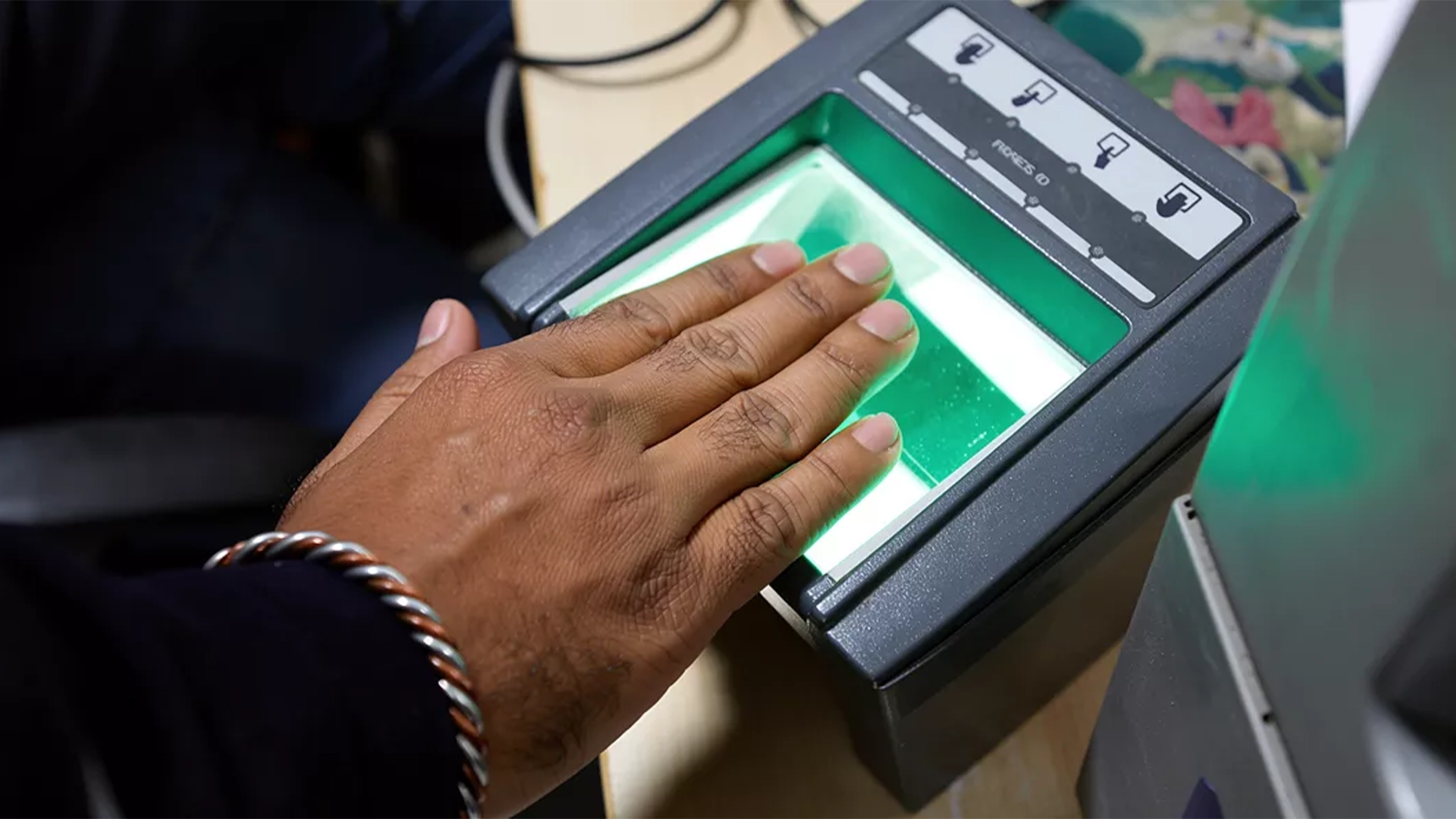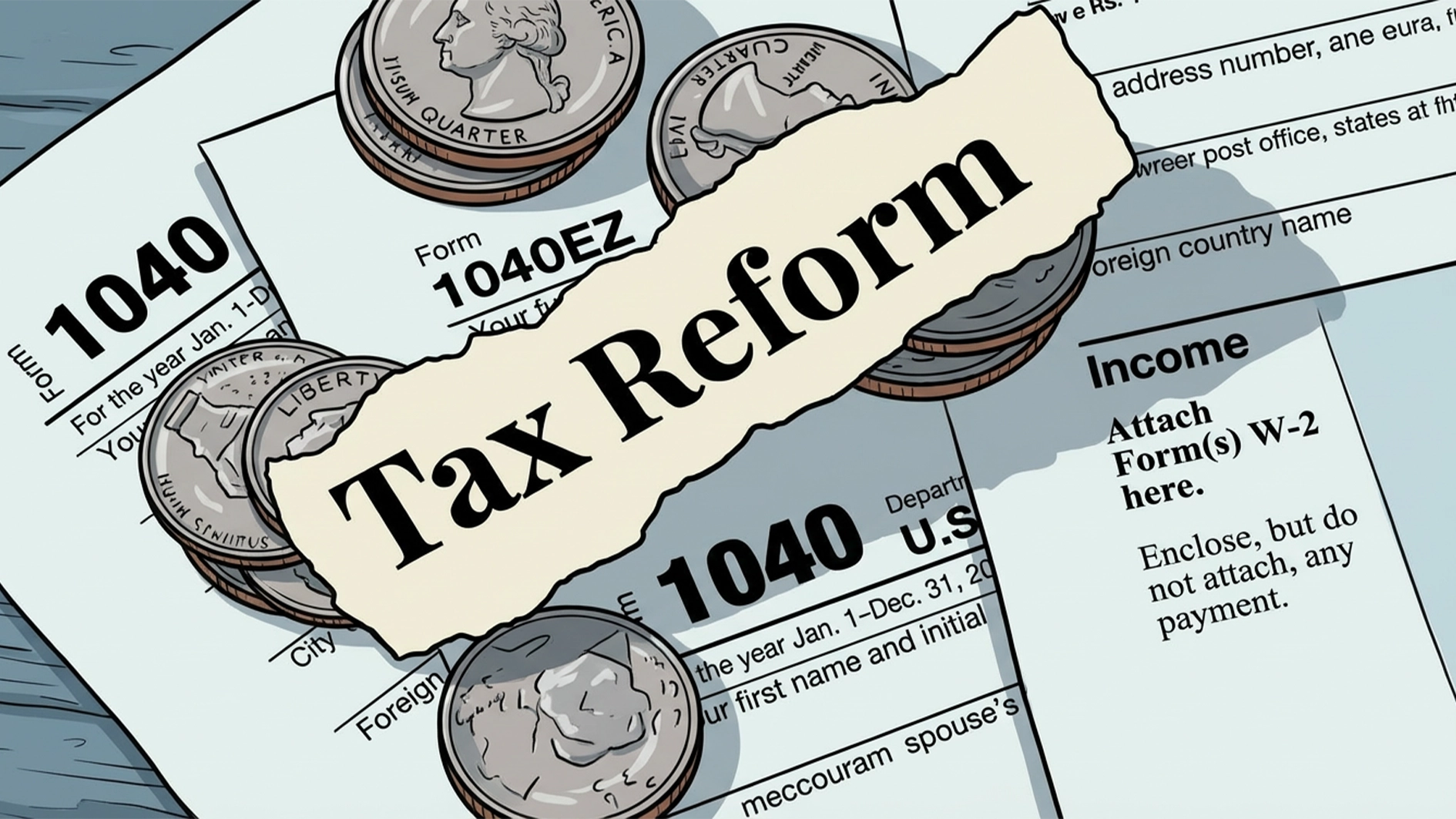
The Institute for Energy and Extractive Industry Law has declared that fuel supply monopoly is not the best option for Nigeria, demanding that opportunities to import and refine products should be offered to interested investors.
The group, during an industry roundtable on: ‘The Midstream and Downstream Petroleum Industry in Nigeria: The Role of NMDPRA in ensuring Energy Security’, held in Lagos, emphasised that the regulatory agency should not be coerced into submission such that a few persons would have edge over other competitors.
Speaking at the forum, an Energy Policy Expert, Henry Adigun said the Nigerian Midstream and Downstream Petroleum Regulatory Authority (NMDPRA) is not empowered in its statutes to support fuel supply and distribution monopoly.
Emphasisingthat regulators should uphold the law while Nigerians should obey the law to ensure a free environment for all to operate, he said the authority should ensure that prices are low and affordable to Nigerians.
“People in business are in most cases trying to boycott the law, but we really need to follow the law to create a good country. What Nigerians want is being able to buy quality products at the filling stations at a cheap price,” he said.
A Senior Research Fellow at the Institute of Energy Economics Energy Analyst, Taiwo Ogunleye, said it is enshrined in the Petroleum Industry Act (PIA) that no single person or institution must own and control more than 40 per cent of fuel supply and distribution stake in Nigeria.
“This rule is, however, with the exception of Nigerian National Petroleum Company Limited (NNPCL), which the PIA described as the supplier of last resort.” he said. He explained that energy security implies availability, affordability, accessibility and acceptability.
In his explanation, availability ensures that energy supplies are available in sufficient amounts while affordability aims to have these resources available at sufficiently low prices.
Accessibility focuses on ensuring all citizens have access to energy, which is to some extent about ensuring that reliable infrastructure is in place to ensure a robust supply for the end user, but this is generally interpreted in practice as ensuring that energy prices are kept low and fuel poverty is minimised.






